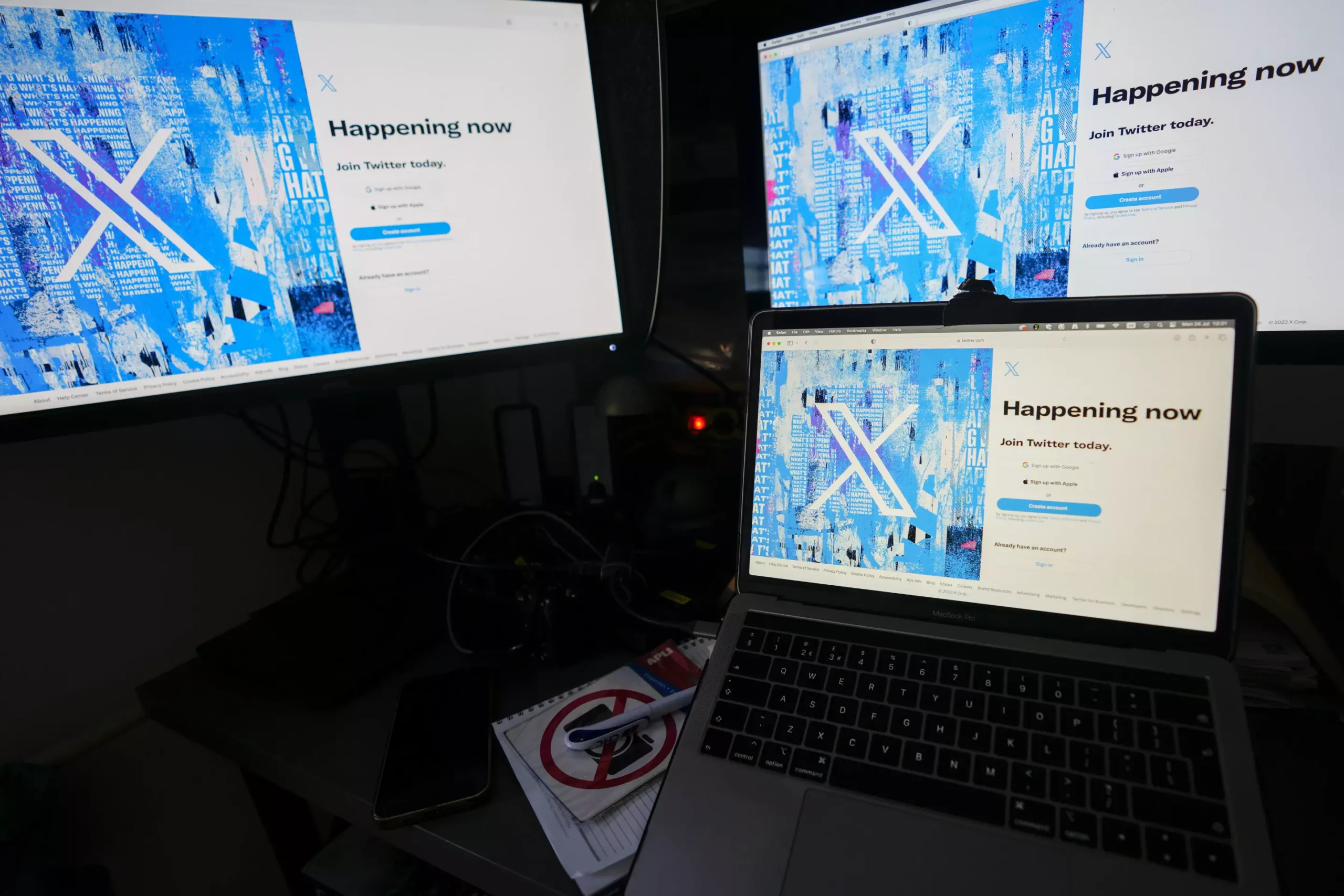On Wednesday, social media platform X, previously known as Twitter, released its inaugural transparency report since Elon Musk acquired the company. This report highlights a significant transformation in content moderation practices and reveals the extent to which the platform has implemented stricter controls. In the first half of the year, X suspended a staggering 5.3 million accounts, a marked increase from the 1.6 million accounts that were suspended in the same period the previous year. This drastic rise raises questions about the underlying motivations and methodology guiding X’s moderation efforts under Musk’s leadership.
The report also mentions that over 10.6 million posts were either removed or labeled for breaching the platform’s guidelines. A considerable proportion of these violations fell under the category of “hateful conduct,” amounting to approximately 5 million posts. Content categorized as “violent” and “abusive” behaviors represented significant portions of the content removed, at 2.2 million and 2.6 million posts, respectively. However, the report fails to clarify how many posts were simply labeled and how many were completely removed, leaving a vital gap in understanding the practical consequences of these moderation actions.
In a prior blog post published in April 2023, X had indicated that the requirement for users to withdraw content that violated its policies had reached approximately 6.5 million pieces during the first half of 2022. Notably, this indicated a 29% increase from enforcement actions in the latter half of 2021. This historical reference serves to illustrate how rapidly the situation has changed since Musk’s takeover, suggesting a shift towards a more aggressive content moderation approach. Critics of Musk have voiced concerns that under his stewardship, X has devolved from a once-inviting platform to one characterized by chaos and toxicity, raising doubts about the balance between free speech and responsible moderation.
Musk’s engagement in heated discourse, including conspiracy theories and disputes with global leaders, has contributed to a divisive atmosphere on X. The platform even faces a ban in Brazil due to ongoing debates regarding free speech, far-right accounts, and misinformation, creating an international spotlight on its operational ethics. This ban underscores the challenges that Musk and his team face as they try to navigate the turbulent waters of content policy and user governance.
To tackle these complex issues, X claims to employ a blend of machine learning technologies and human review. The automated systems reportedly either take decisive action or escalate content to human moderators. It is notable, however, that posts deemed in violation of X’s policies constituted less than 1% of all content on the platform. This statistic raises critical questions about the overall impact of these moderation policies on user engagement and freedom of expression on X.
When Musk attempted to acquire Twitter in 2022, he touted a vision of a platform that would be more aligned with the ideals of free speech. Since then, the timeline has been rife with turnovers, including significant staff reductions and dwindling participation from prominent figures and regular users alike. As X moves forward, the challenges it faces in balancing user safety and free expression will be crucial in determining its long-term evolution as a social media entity. The transparency report is not just a reflection of current practices but also a marker of the uncertainties that lie ahead in this transformed digital landscape.

